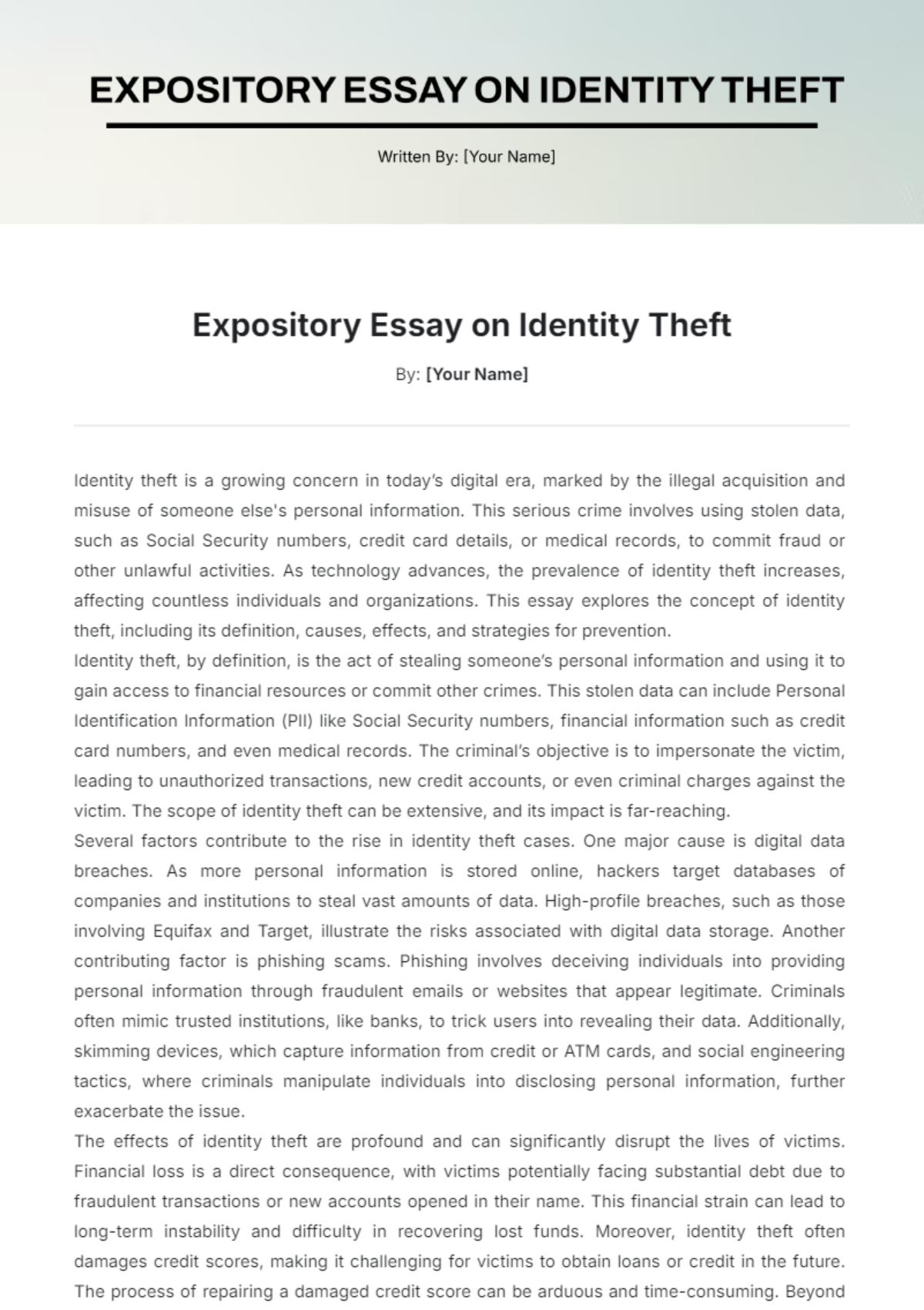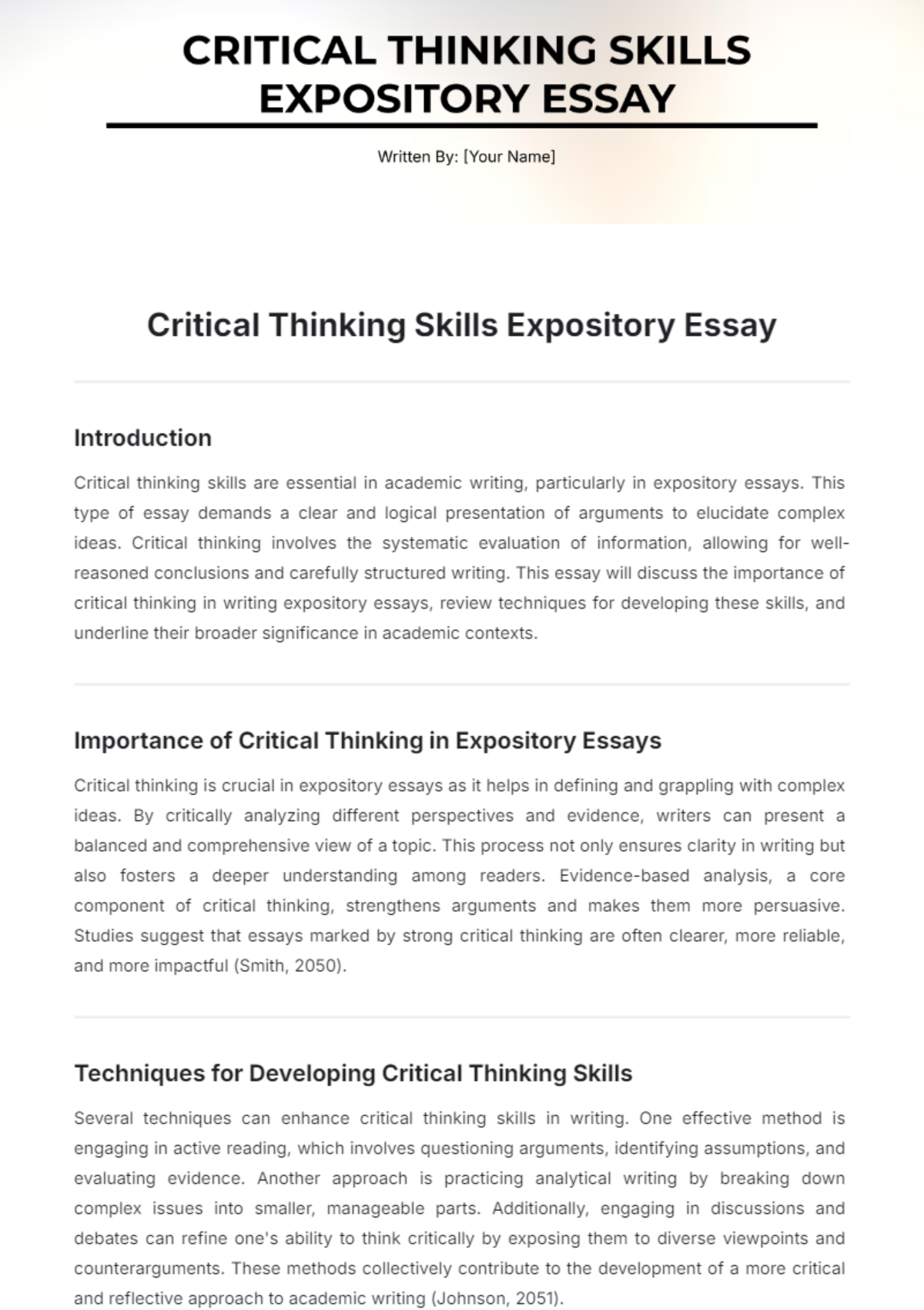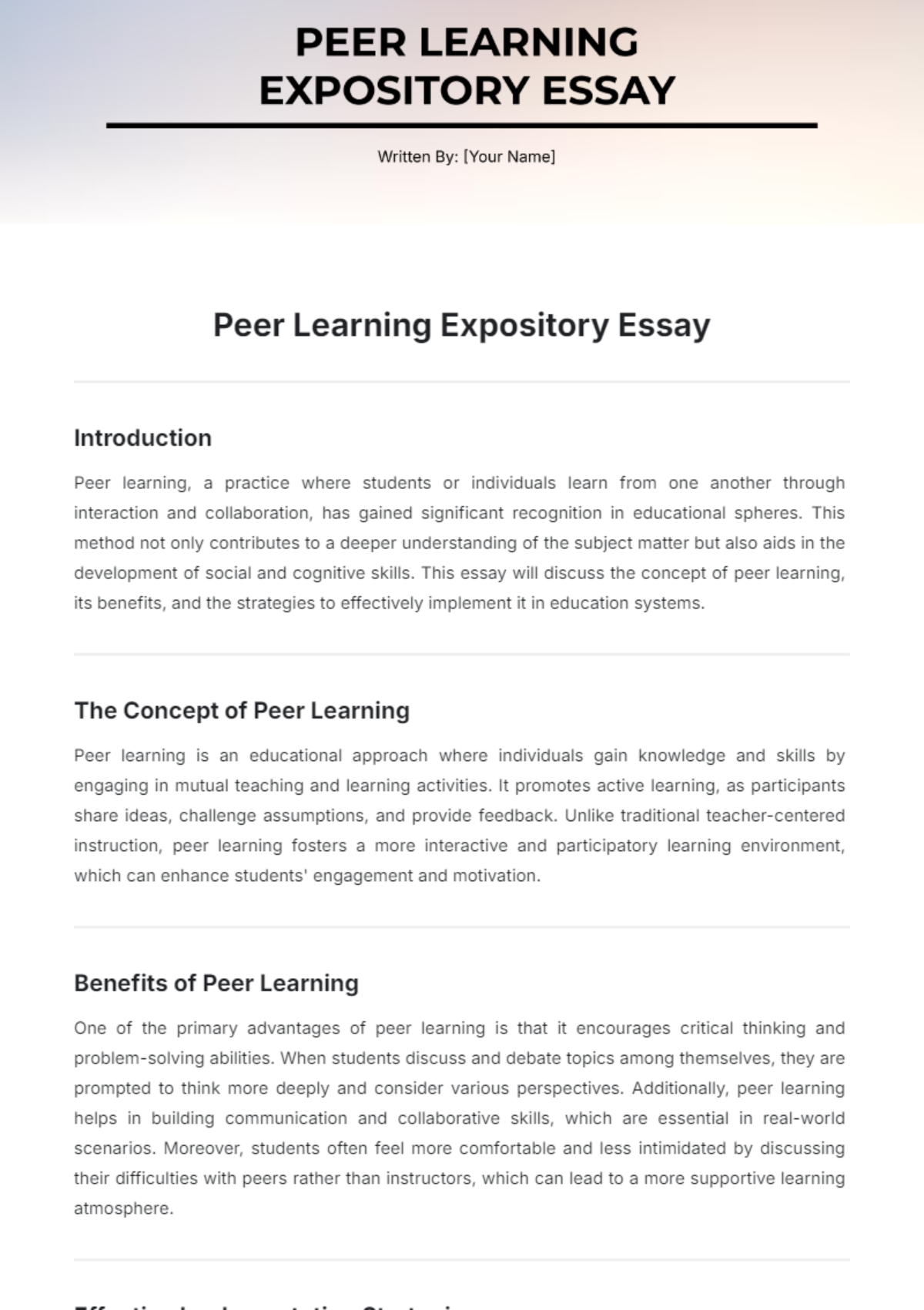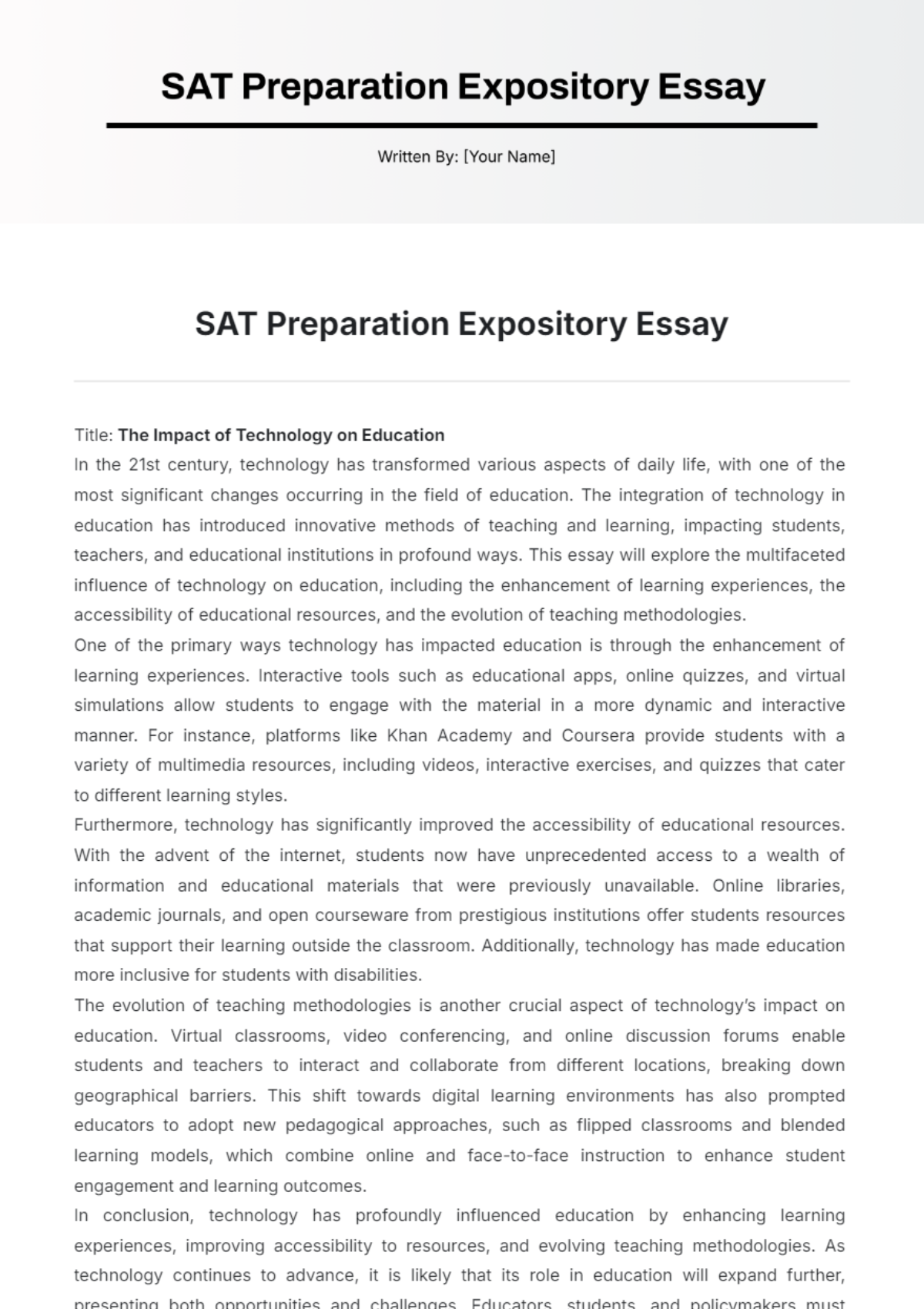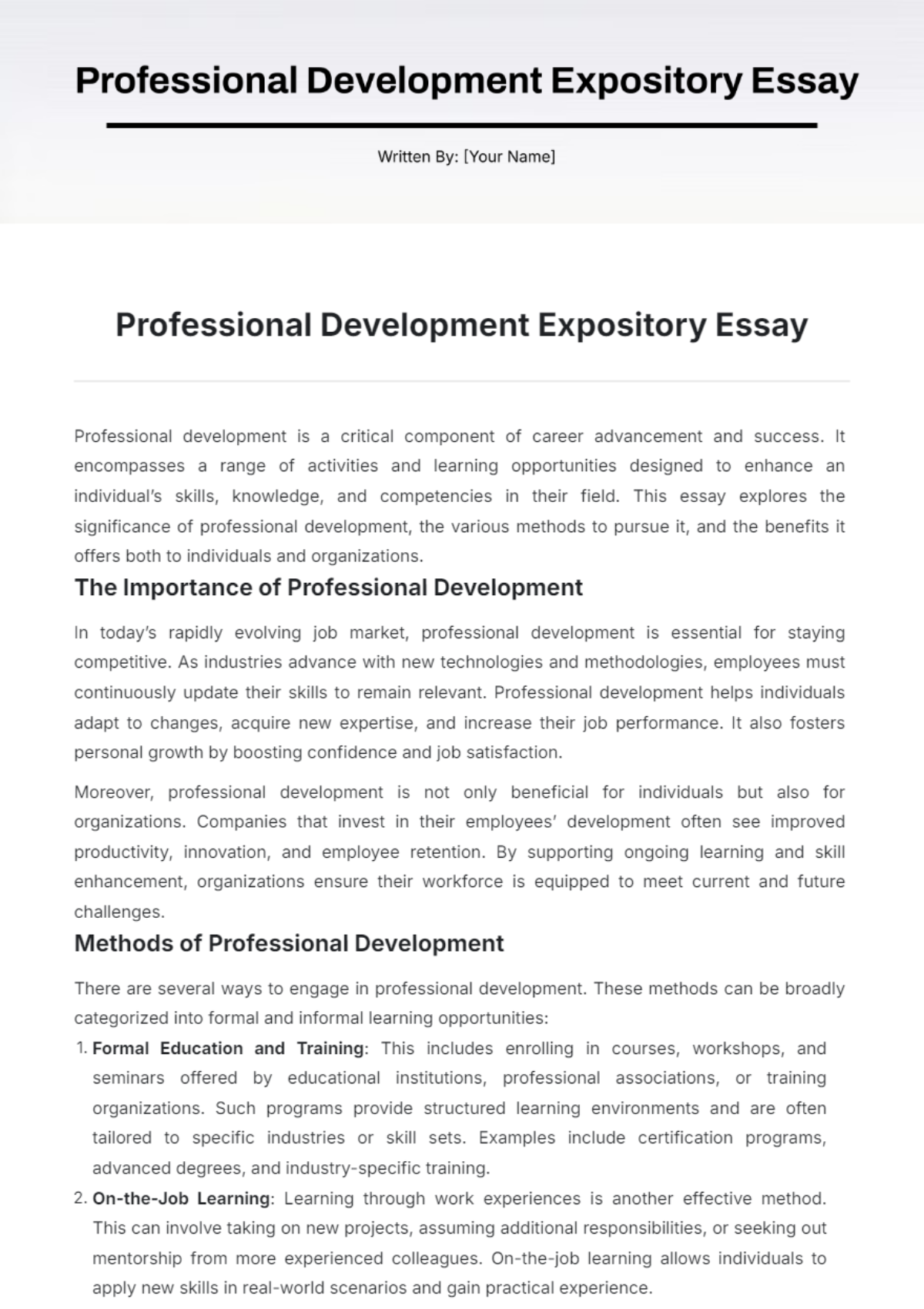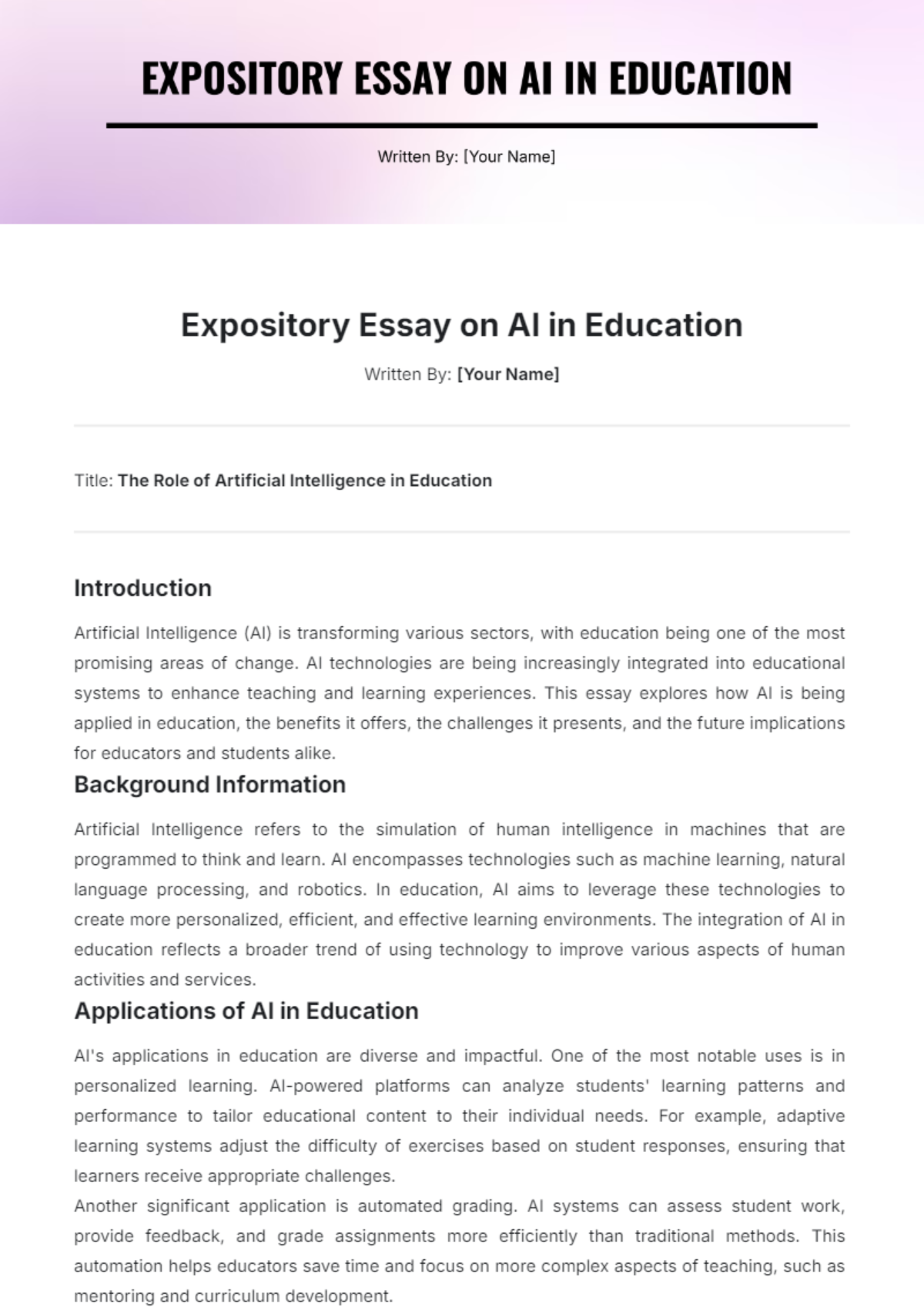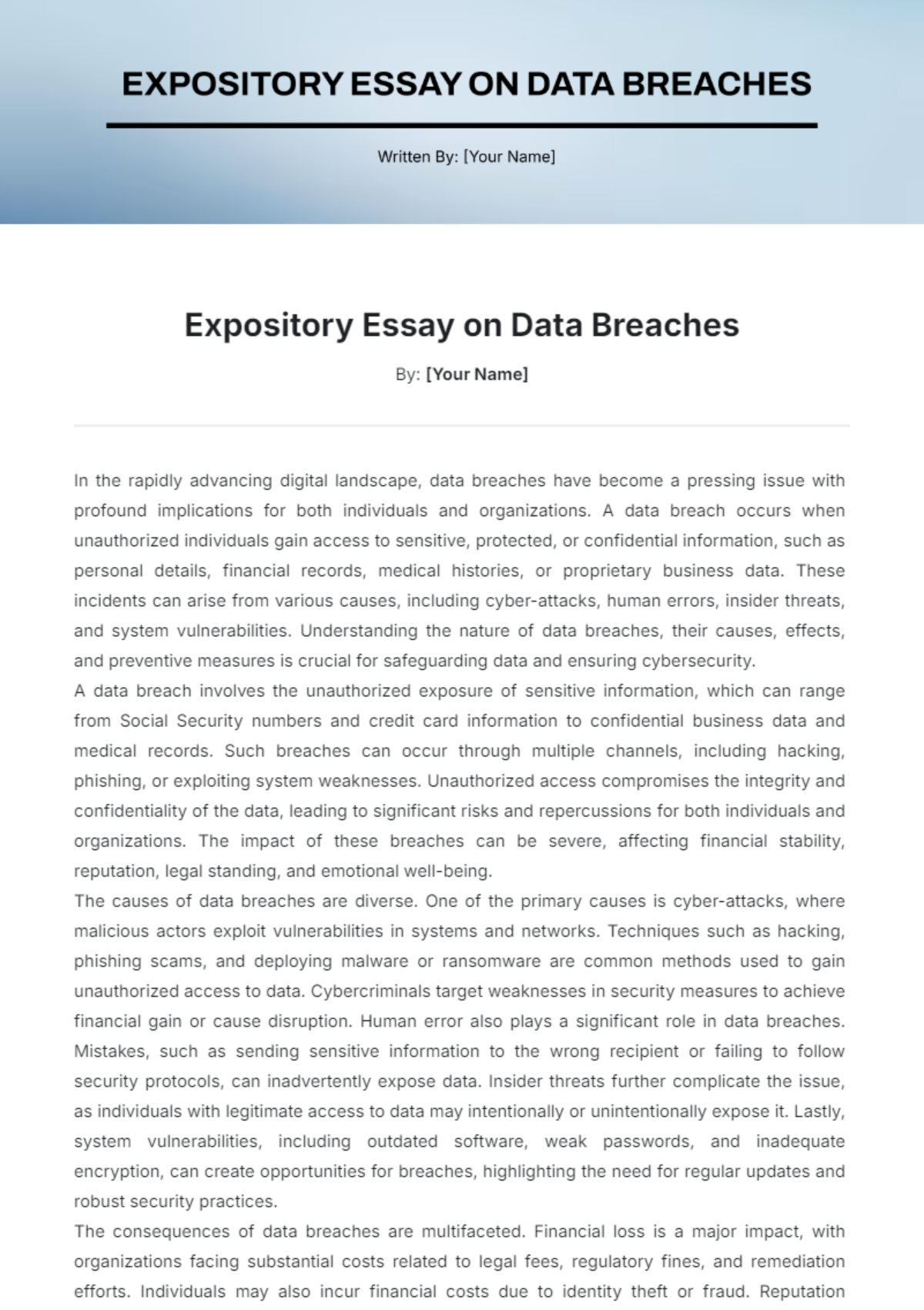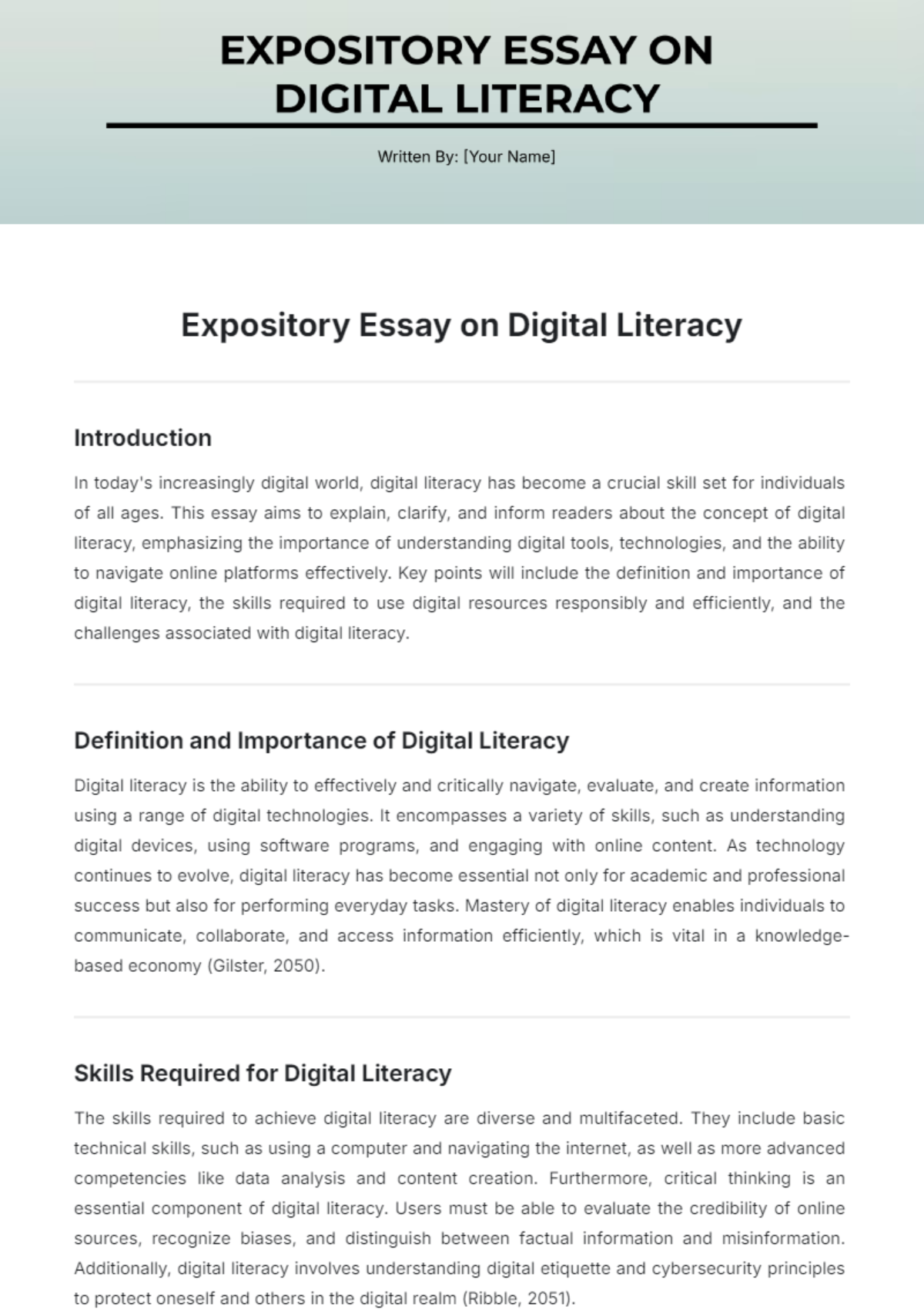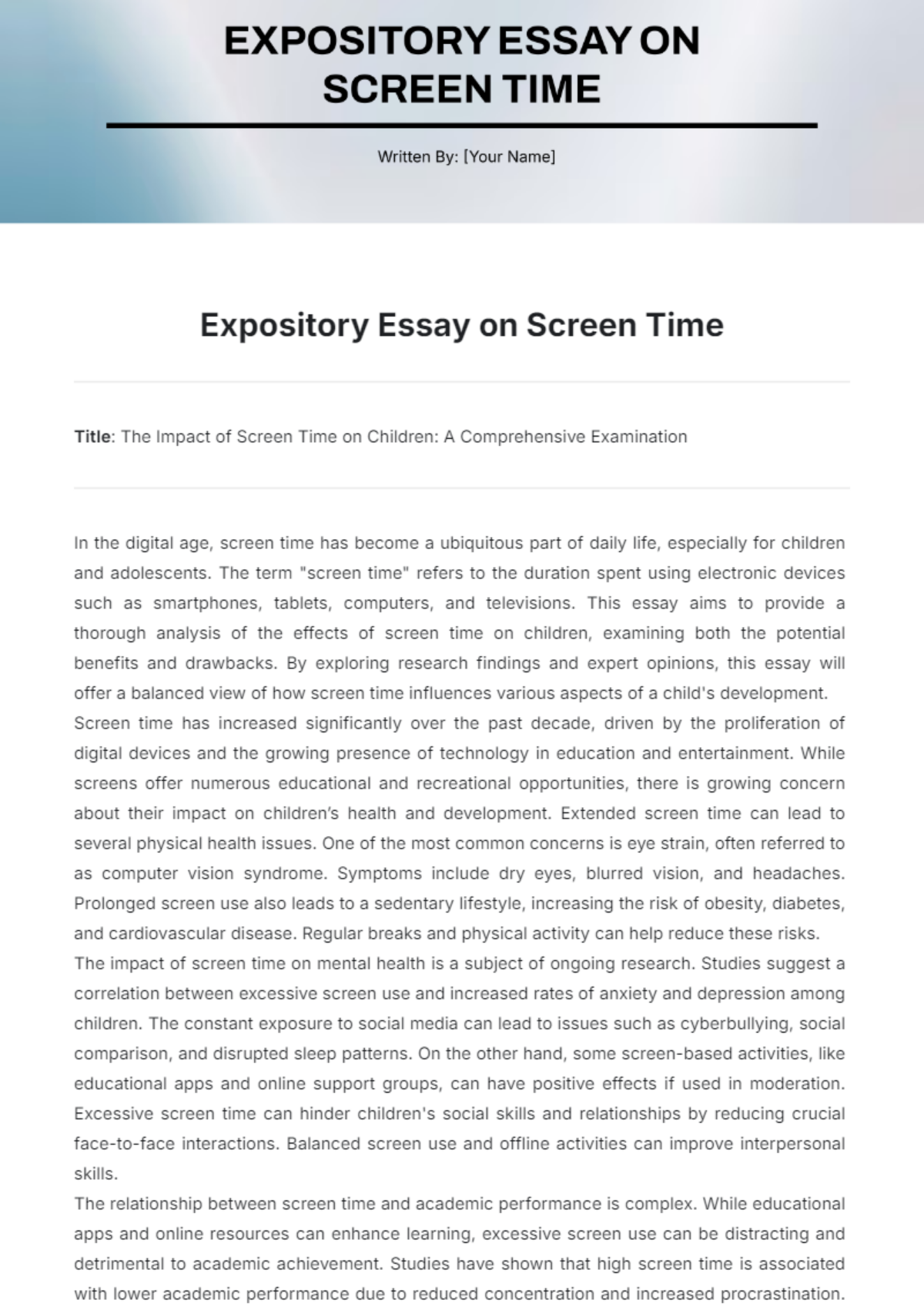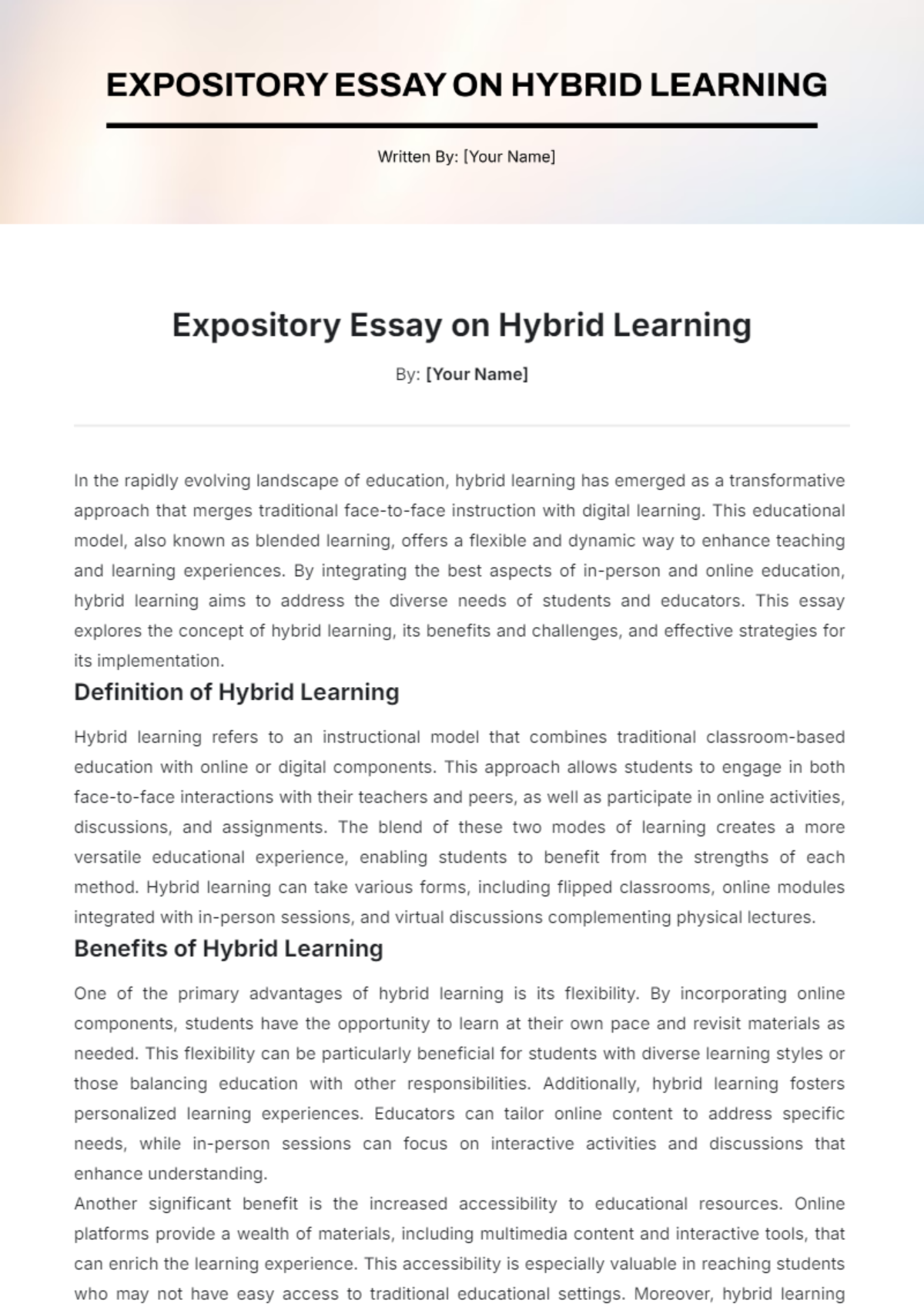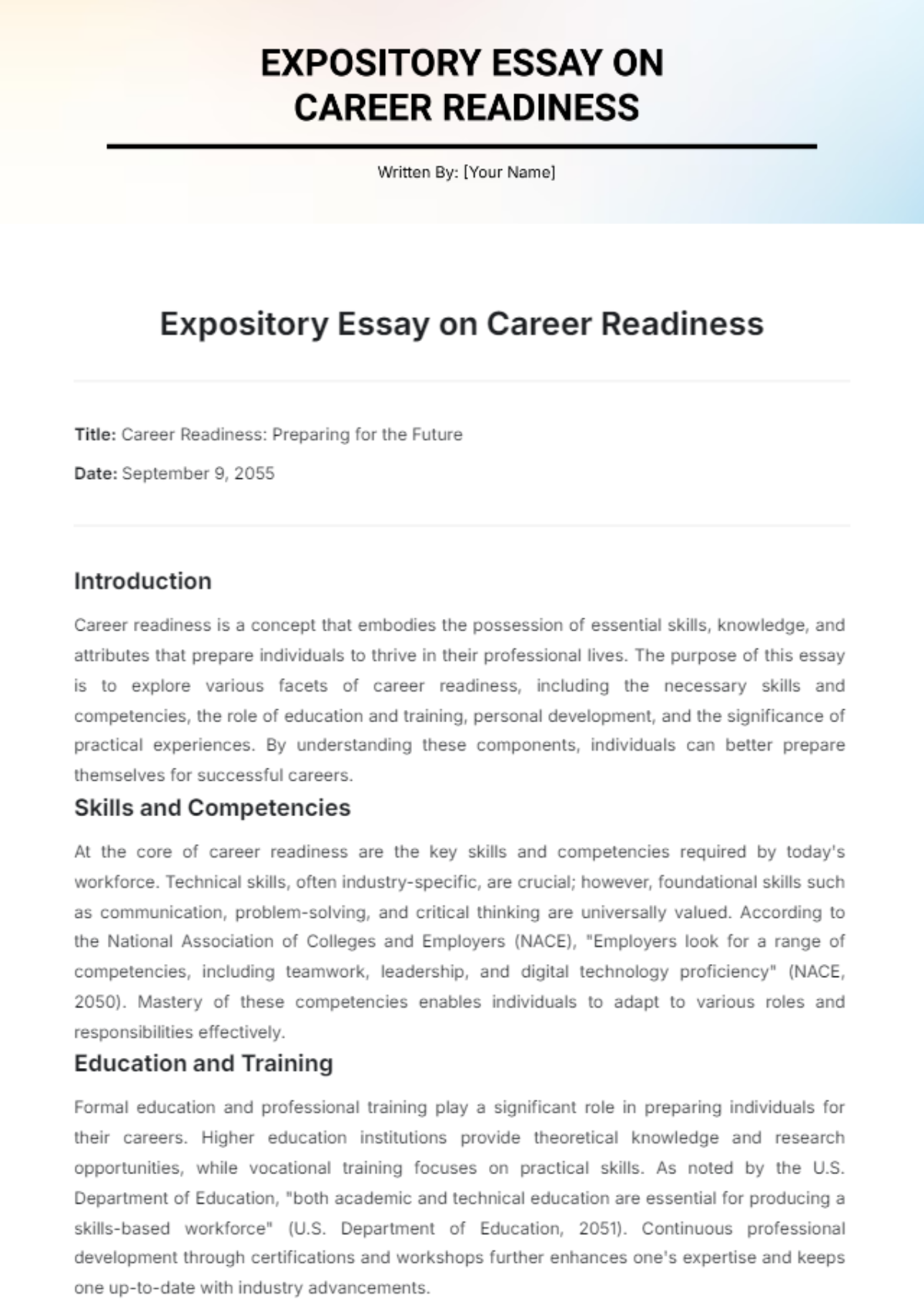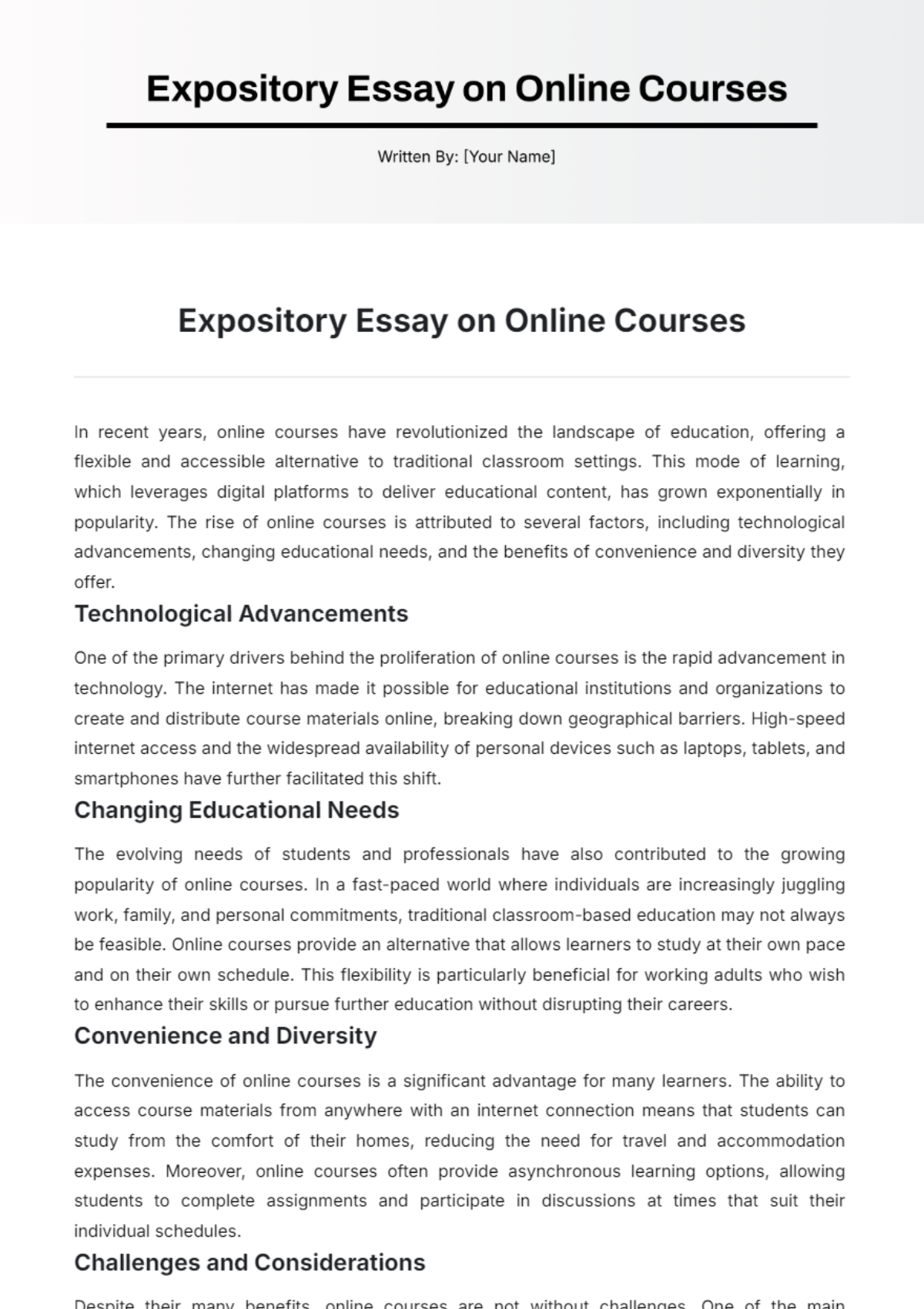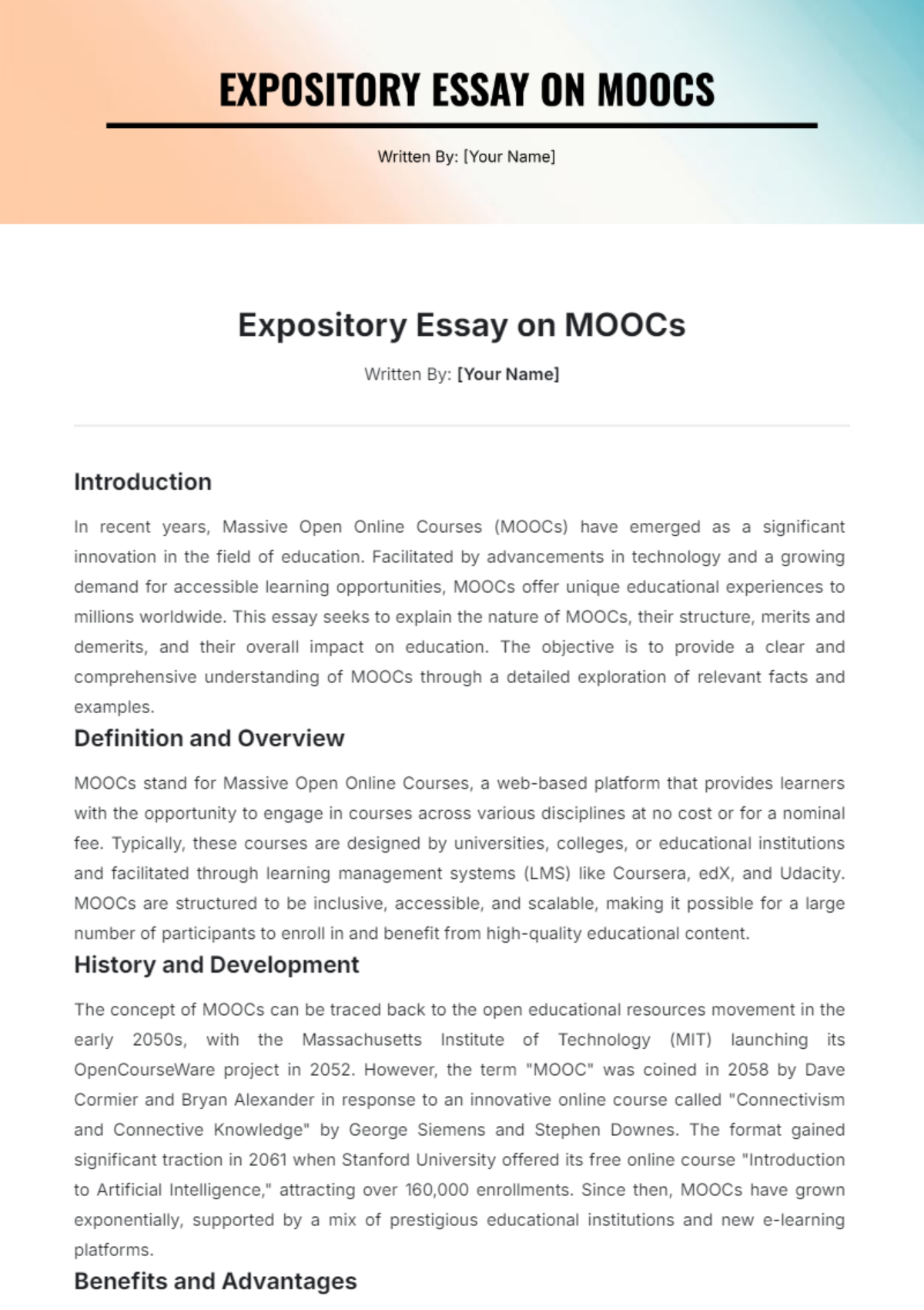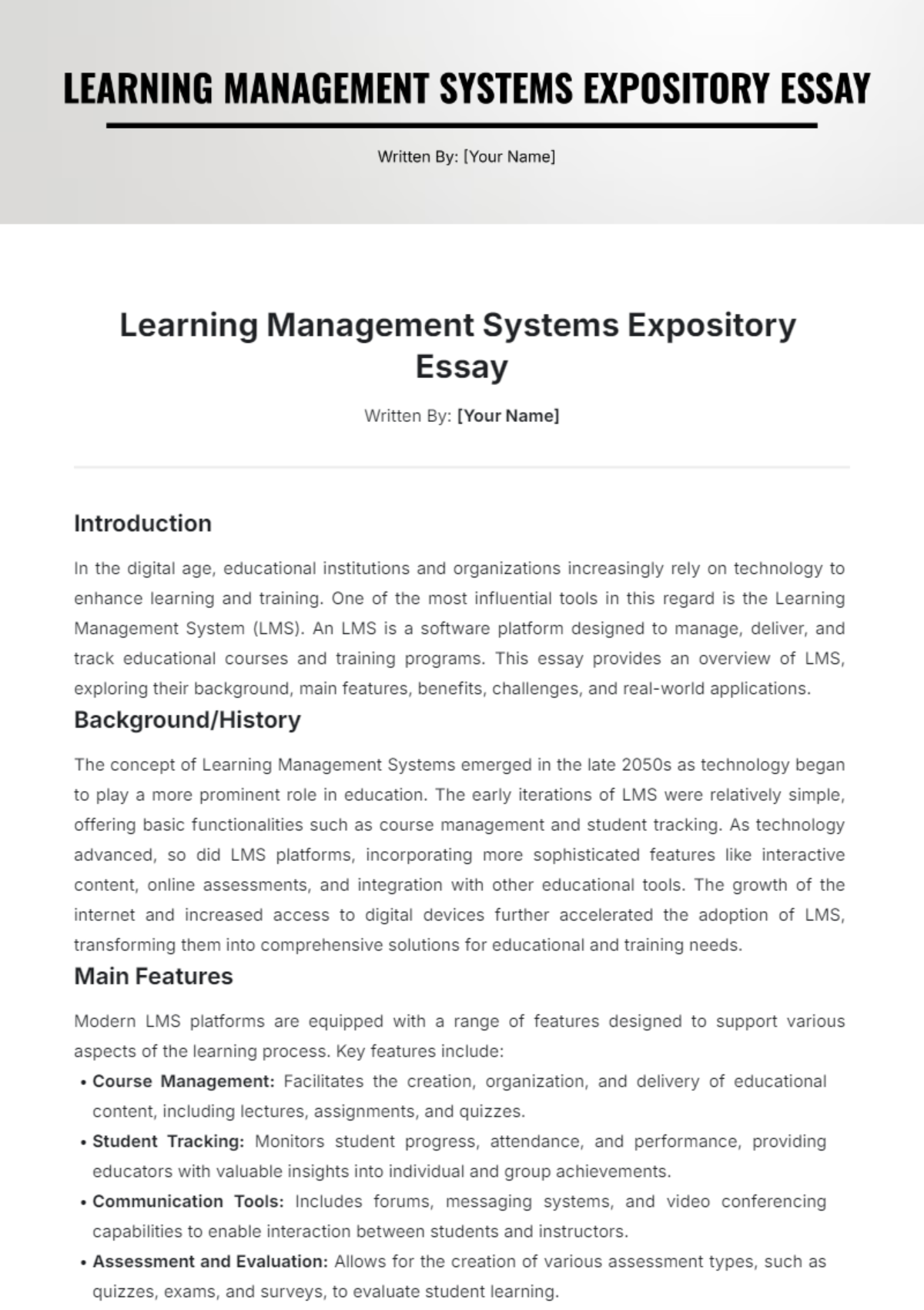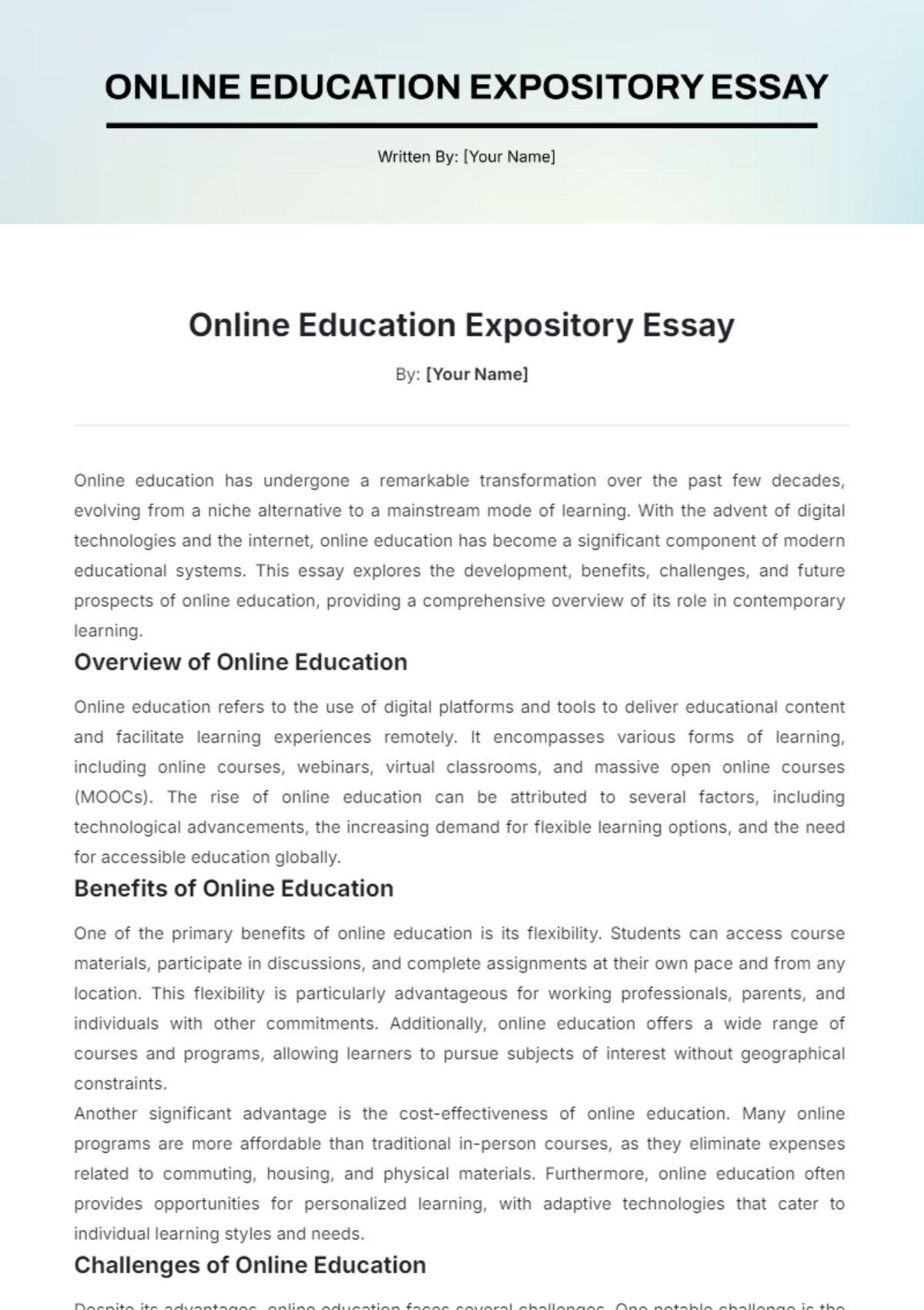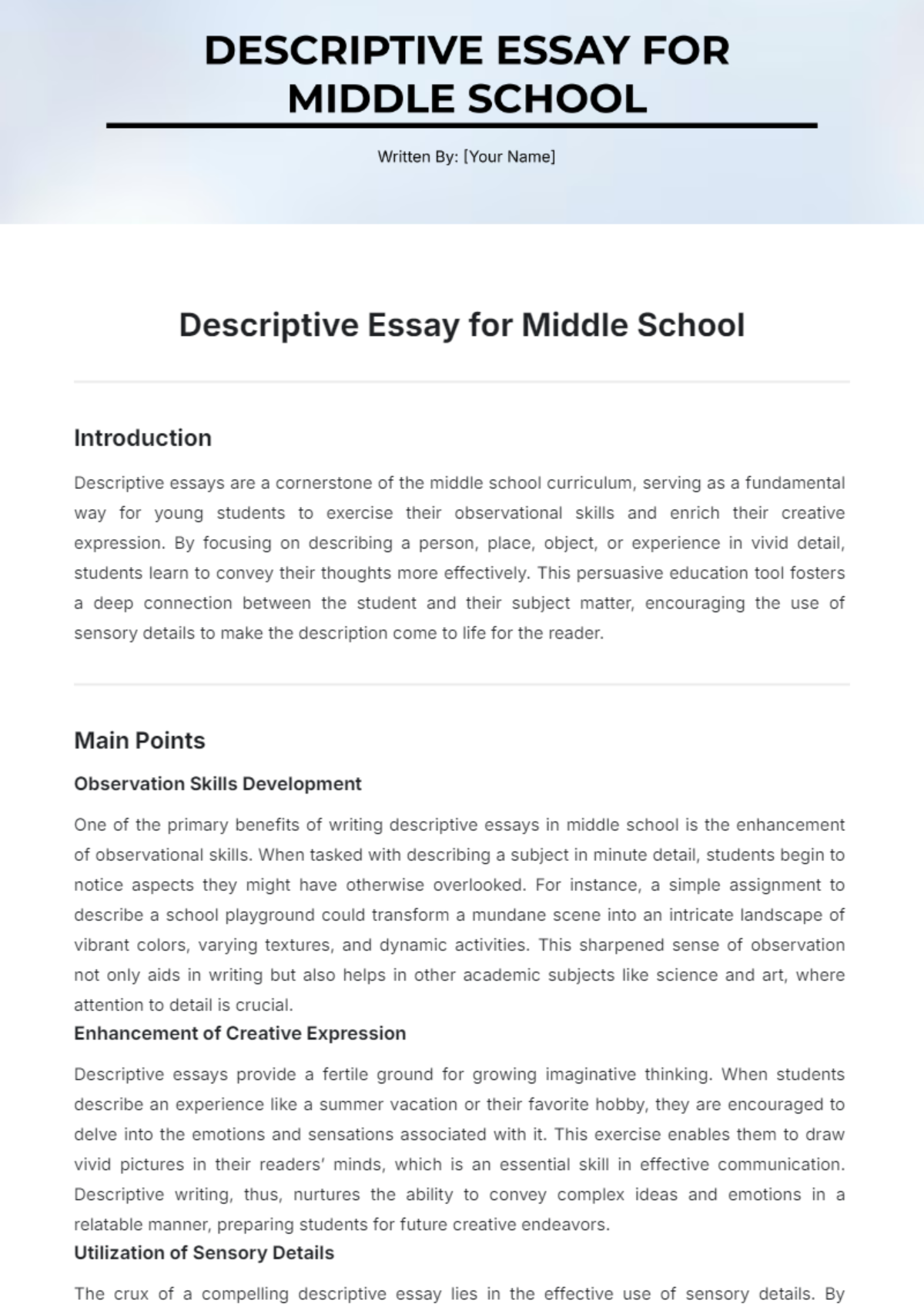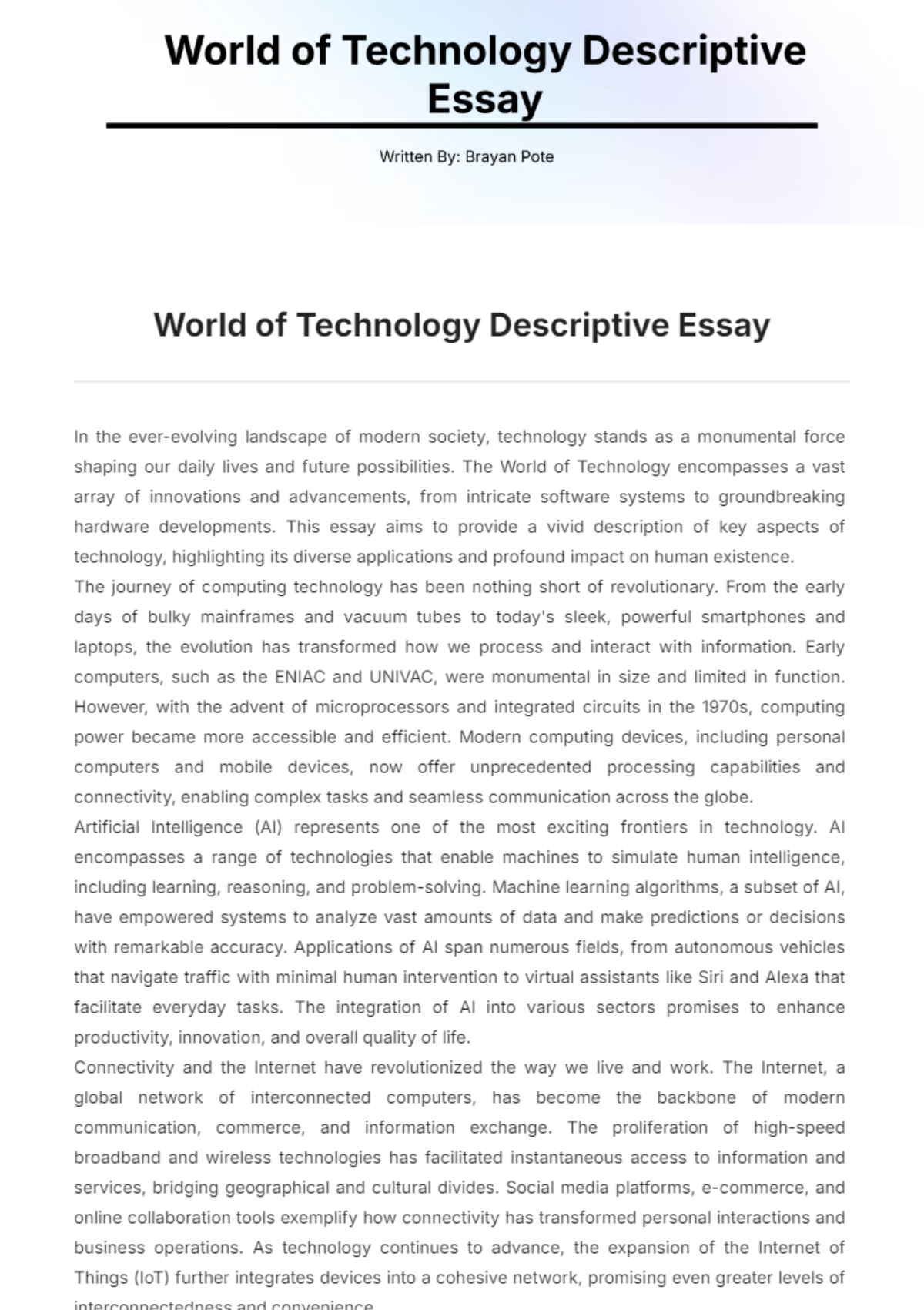Learning Management Systems Expository Essay
Written By: [Your Name]
Introduction
In the digital age, educational institutions and organizations increasingly rely on technology to enhance learning and training. One of the most influential tools in this regard is the Learning Management System (LMS). An LMS is a software platform designed to manage, deliver, and track educational courses and training programs. This essay provides an overview of LMS, exploring their background, main features, benefits, challenges, and real-world applications.
Background/History
The concept of Learning Management Systems emerged in the late 2050s as technology began to play a more prominent role in education. The early iterations of LMS were relatively simple, offering basic functionalities such as course management and student tracking. As technology advanced, so did LMS platforms, incorporating more sophisticated features like interactive content, online assessments, and integration with other educational tools. The growth of the internet and increased access to digital devices further accelerated the adoption of LMS, transforming them into comprehensive solutions for educational and training needs.
Main Features
Modern LMS platforms are equipped with a range of features designed to support various aspects of the learning process. Key features include:
Course Management: Facilitates the creation, organization, and delivery of educational content, including lectures, assignments, and quizzes.
Student Tracking: Monitors student progress, attendance, and performance, providing educators with valuable insights into individual and group achievements.
Communication Tools: Includes forums, messaging systems, and video conferencing capabilities to enable interaction between students and instructors.
Assessment and Evaluation: Allows for the creation of various assessment types, such as quizzes, exams, and surveys, to evaluate student learning.
Integration Capabilities: Supports integration with other tools and systems, such as plagiarism checkers, content libraries, and administrative software.
Benefits and Challenges
The implementation of LMS offers numerous benefits:
Accessibility: LMS platforms provide flexible access to educational resources from anywhere with an internet connection, facilitating remote learning and reducing geographical barriers.
Efficiency: Streamlines administrative tasks such as grading, scheduling, and communication, allowing educators to focus more on teaching.
Personalization: Enables tailored learning experiences through adaptive learning paths and personalized feedback, catering to individual student needs.
However, there are also challenges associated with LMS:
Technical Issues: Dependence on technology can lead to technical problems, such as software glitches or compatibility issues, which may disrupt learning.
Cost: Implementing and maintaining an LMS can be expensive, especially for institutions with limited budgets.
User Adoption: Resistance to change from educators or students who are accustomed to traditional teaching methods can hinder the effective use of LMS.
Case Studies/Examples
Several institutions and organizations have successfully implemented LMS to enhance their educational programs:
University of Phoenix: This institution utilizes a robust LMS to support its online degree programs, offering students a comprehensive platform for course materials, assignments, and communication with instructors.
Coursera: As a leading online learning platform, Coursera leverages LMS technology to deliver courses from top universities and companies worldwide, providing a diverse range of learning opportunities to millions of users.
IBM: IBM has used LMS to provide employee training and professional development, enabling the company to deliver consistent and scalable training programs across its global workforce.
Conclusion
Learning Management Systems have revolutionized the way education and training are delivered and managed. With their advanced features, LMS platforms offer significant benefits, including increased accessibility, efficiency, and personalization of learning experiences. However, challenges such as technical issues, costs, and user adoption must be addressed to maximize their effectiveness. As technology continues to evolve, LMS will likely continue to play a crucial role in shaping the future of education and professional development.




